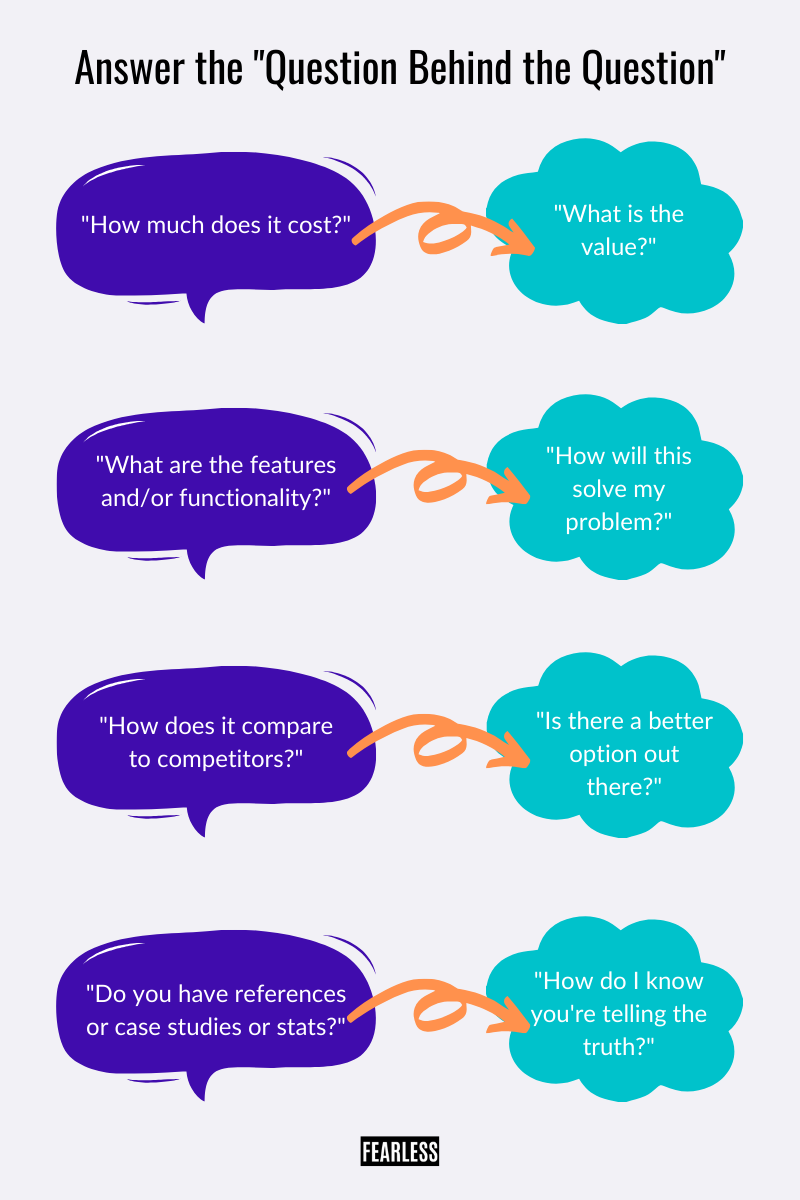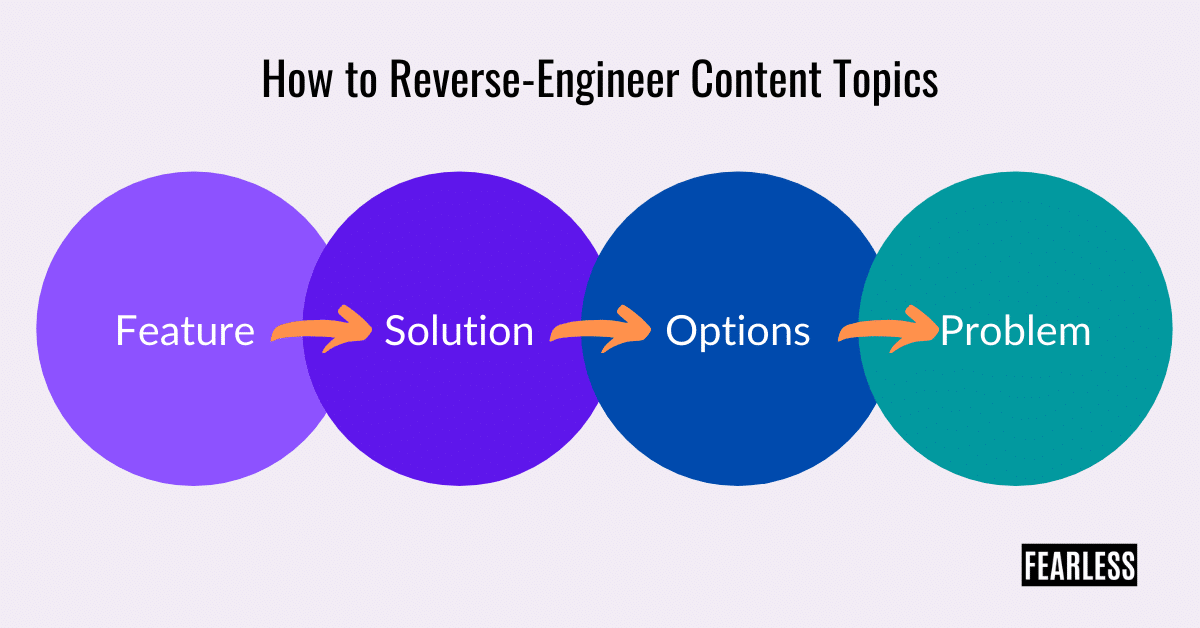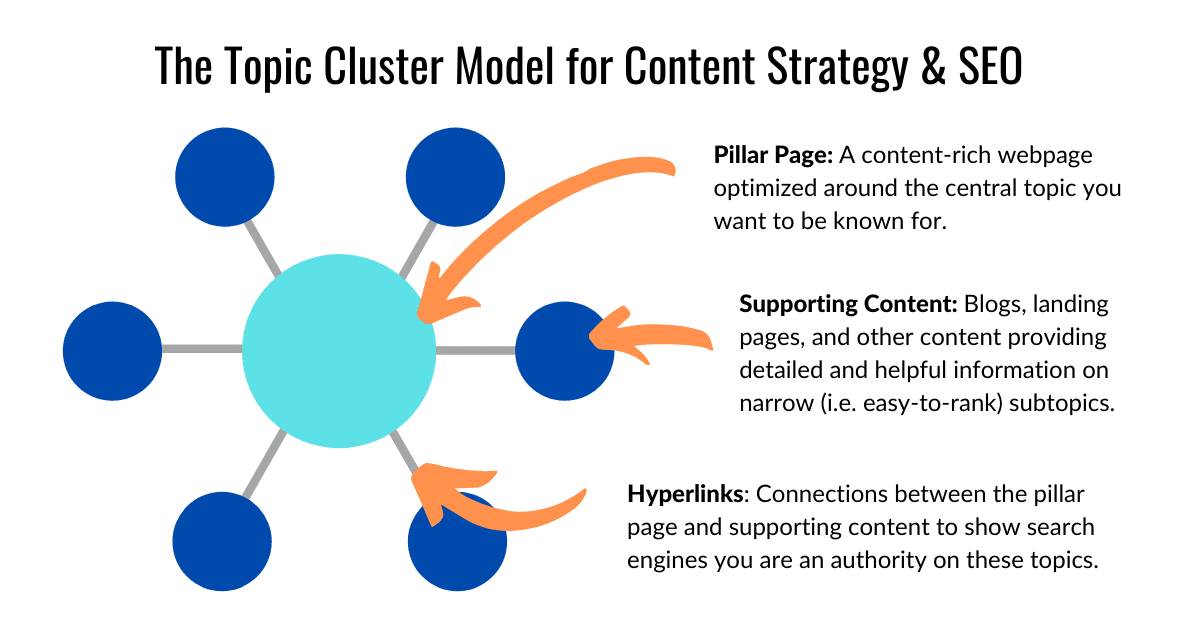Once you’ve decided to invest in content marketing — whether through in-house hires or outsourcing — the next, most obvious question is: what are we going to talk about?
I’ll be honest with you. I don’t struggle with this particular issue. In fact, for me it’s the opposite. There are literally 1,000,000 things I want to write about, but never enough time to write all of them.
I know that most people aren’t like me. Even so, that doesn’t mean that coming up with engaging content topics has to be an insurmountable challenge.
In fact, you have more ideas for content than you might think. If you’re involved in any aspect of marketing or sales for your organization, there are plenty of sources to mine for relevant and impactful topics:
- Conversations with customers that reveal their problems, questions, and pain
- Responses to key developments in the industry
- Research on key phrases that your customers search for
- Social media exchanges with others interested in these topics
- Opinions on what other companies — including competitors — are saying
There are so many places out there for you to find engaging content topics. This post walks through four questions you can ask to help uncover them.
1. What are your customers asking?
As I’ve said many times before, the #1 metric of content quality is whether it’s providing something of value to your customer. That means you need to provide substantive and helpful answers to the questions they’re asking.
This is based on a sales philosophy developed by Marcus Sheridan called “They Ask You Answer.” His approach is to listen to the questions your customers ask as they progress along their buyer’s journey, with the goal of providing value to them along the way. Those answers become your new content topics.
This begs the question: how do you figure out what questions your customers are asking?
Fortunately, finding this information is fairly simple:
- Direct conversations with customers, primarily during the sales process
- Social listening, particularly in the comments on relevant posts
- Keyword research, focusing on search terms that are highly relevant to your ideal buyer’s journey
- Content from your competitors and others who try to answer questions from your audience
When looking at customer questions, it’s also important to consider the “question behind the question.” They’ll often ask a question, but the most effective way to address that question is not to answer it directly. Instead, look beyond the question to the deeper problem or pain the customer needs solved.
Here’s an example. A prospect may ask about pricing. But in reality, they’re interested in knowing the value and ROI they’ll get from the product way more than the actual dollar amount.
The more you understand about the questions your customers are asking, the easier it’ll be to come up with engaging content topics.
2. What are others in your industry talking about?
None of the content you publish exists in a vacuum. Whether you mean to or not, when you create content, you’re participating in a conversation.
One great way to mine for content topics is to listen to what others in the industry — competitors, journalists, thought leaders, etc. — are talking about. If they’re engaging in the conversation, there’s a good chance what they’re talking about is somewhat relevant to your customers’ problems.
What’s more, if you truly want your content to attract an audience of potential buyers through search engines or social media, you need to center around topics that they’re already interested in. Otherwise, they’re not going to see it in search (because they aren’t looking for it) or they aren’t going to click on social (because it’s not relevant to them).
Understanding the conversations in your industry can be a great tool to finding those engaging content topics. Here are some practical ways to do that:
- Social listening
- Keyword research tools
- News articles, media, & press releases
- Content from competitors and other third party industry leaders
Listening to the industry doesn’t necessarily mean you need to agree with everything that’s being said. But you do need to have a grasp on the relevant topics, even if you offer a different conclusion or solution.
When you do that, your content will automatically be something that your industry is going to understand and know how to engage with.
3. What problems do you solve for your customers?
One of the primary goals of marketing content is to guide the reader, nurture them, and answer questions along the buyer’s journey.
Since the buyer’s journey culminates in a purchasing decision, then the problems your products solve is a good source to mine for engaging content topics.
We’ve discussed before about how to write to the decision-level buyer and how to effectively create bottom-of-funnel content. Understanding the bottom-of-funnel problems you’re solving serves as a good place to start gathering content.
But don’t stop there. From there, you reverse-engineer the middle- and top-of-funnel issues that lead to those questions.
Every product feature is a solution to a specific problem. Before a buyer can choose a solution, they have to weigh the various options available to them. And before they can do that, they have to know that they have a problem to begin with.
Ultimately, your content should guide your reader toward a sale. So start from the destination and work your way backwards. You’ll likely capture a whole host of awareness-level leads who, while they aren’t likely ready to purchase now, could generate interest later on.
4. What do you want to be recognized as an expert on?
Subject matter expertise isn’t just an abstract concept that does nothing to grow your business. You really are an expert in the problems your business solves, based solely on the fact that you have built products and a business around those areas.
And that is critical for building your online presence, particularly when it comes to search engines.
Google is looking to rank websites that have a high domain authority around a particular topic. This helps them optimize the user experience by serving the best content around the topics that are of interest to the user.
That means that every business — no matter whether you’re B2B or B2C, whether you sell a tangible product or an intangible service — needs to have a clear idea of the topics they want to be recognized as an expert on.
These core topics will serve as the basis for all of the content your business publishes.
Content clusters and pillar pages leverage this concept in a very practical way, centering each content piece around a core topic or series of core topics. But in order to get any value out of these models, you need to clearly understand and define what you want to be known for.
From there, the subtopics spin off and you should have no trouble coming up with engaging content topics to write about









